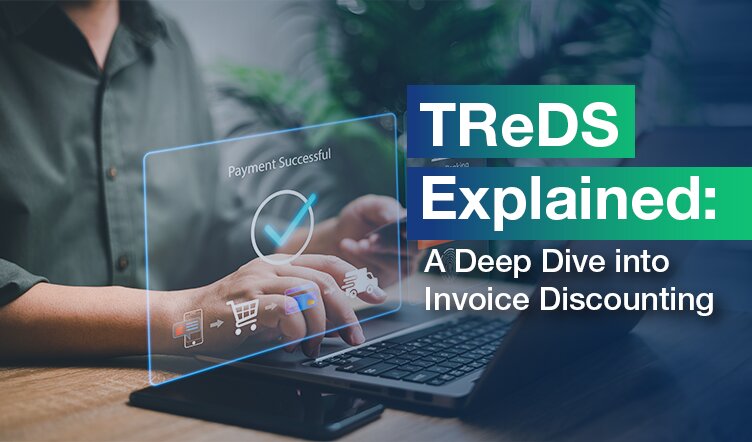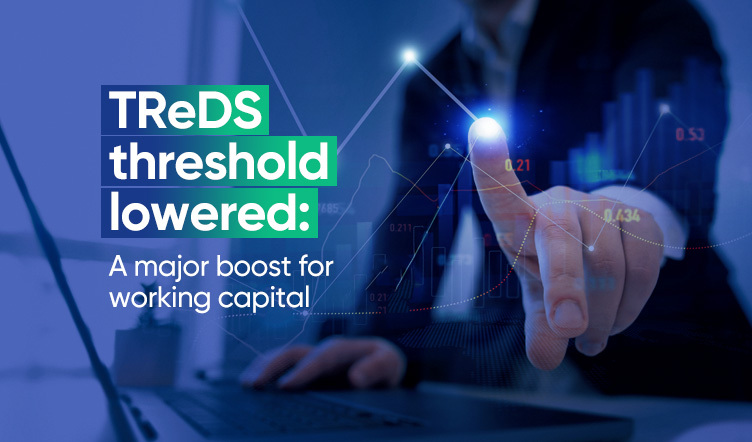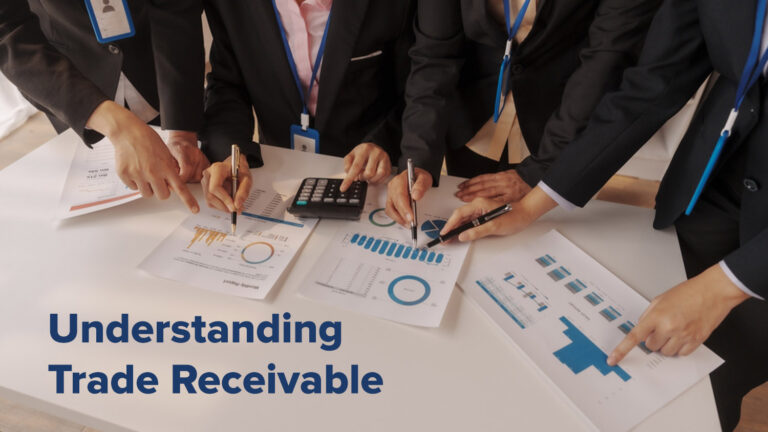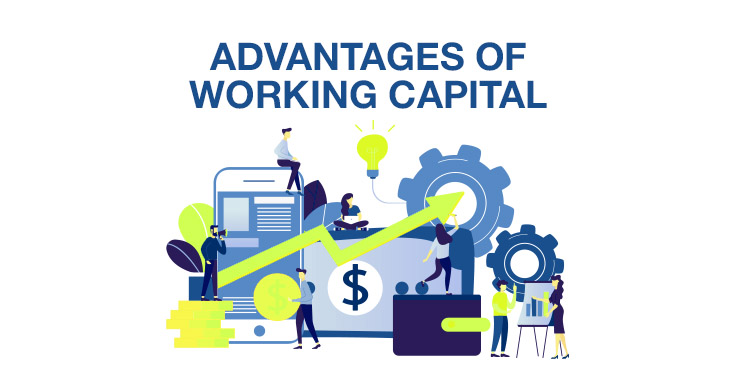Are you a small business owner looking for success? In this comprehensive blog, we will decode how TReDS Trade Receivables Discounting System can help scale small or mid-level businesses.
TReDS offers MSMEs a way to get cash quickly by selling their invoices. It’s like a fast-track to funds, helping businesses manage their money better and thrive. We’ll break down how TReDS works, its benefits, and how MSMEs can make the most of it.
What is TReDS?
TReDS, short for the Trade Receivables Discounting System, is a disruptive digital platform which transforms how the Micro, Small and Medium Enterprises (MSMEs) address their financial management problems. It is like an online exchange where MSMEs can sell their accounts receivables, achieving the objective of getting immediate capital needs.
What are the benefits of using TReDS?
TReDS offers a number of advantages for MSMEs among which the most important are improved cash flow, reduced waiting times for the payment realization, decreased dependency on traditional methods of financing, and easy access to the competitive terms of financing.
Basically, it provides a stable income stream by allowing enterprises to receive payments for their receivables immediately. This improves liquidity issues often faced by MSMEs because of dropped down payments from their buyers. Furthermore, TReDS features the most transparent and efficient mechanism for invoice discounting which ensures a reasonable and competitive amount of money for MSMEs. Not only has the TReDS platform eliminated reliance on banks or other monetary institutions to access credit, but it also serves to promote financial inclusion, especially for smaller businesses that might continue to be excluded from conventional credit schemes. Basically, TREEs give MSMEs the opportunity to prosper in today’s fast-paced business world.
Who are the participants in TReDS?
TReDS involves three primary stakeholders: MSME sellers, trade customers, and buyers. MSME contributors are duly supplying or service providers which request financing against their unpaid bills. These traders upload their invoices into the TReDS platform and start the financing process. MSME customers, by comparison, are the firms supplying goods or services to another corporate organization.
They perform an important task that is approving the invoices given by the sellers when they upload them, which then confirms the transaction. Finally, investors are banks, non-banking financial companies (NBFCs) and other money pooling institutions that render financial support to small scale enterprises against their procured invoices only after the approval. Much of these financiers participate in the TReDS platform auctions, bidding on invoices and competing on affordable financing demands from MSMEs.
How does TReDS work?
TReDS simplifies the financing process for MSMEs by making transactions smooth, swift, and ensuring speedy availing funds. The procedure starts with an MSME provider who submits its unpaid bills in the TReDS platform. These invoices are next verified are approved by the respective corporate buyers to prove that the transactions are real. When the invoice is approved, that invoice is then auctioned to the registered financiers on the platform. The financiers look at the approved bills and then put forward tenders including the discount rate and payment terms.
The MSME sellers have the option to keep the best bid that implies that the financier transfers the funds directly to the seller’s bank account. After that, on the due date, the corporate buyer pays the invoice amount completely to the financial institution and so, the process of transaction is over. This process that involves all the chronological steps from end to end through digitalization contributes to transparency, efficiency and security of the financing cycle for all sides.
What is a Factoring Unit (FU)?
Factoring Unit (FU) is the unique invoice registration number which is associated with the invoice details that are uploaded to the platform of Receivable Discounting System. It gives the opportunity to identify, analyze and evaluate the invoice over the entire financing process.
Who can create an FU?
The MSME sellers registered on the TReDS platform have the power to generate FUs on pursuing invoices. After registration and identification, sellers obtain access to the platform’s functionality, including the ability to prepare and manipulate FU for their trade receivables. This customer-oriented engagement strategy equips MSMEs to take ownership of their financing requirements and simplify payment operations seamlessly.
What are the documents required for registration?
The TReDS platform requires MSMEs to provide some essential documents and information for the record and in order to register. Generally, these records consist of a KYC record, trade invoice, business registration certificate, and other financial information. Providing the aforementioned documents allows MSMEs to ensure compliance with the requirements of the regulators and also to prove their legitimacy to be a part of the TReDS ecosystem.
Why choose M1xchange as your one stop TReDS solution?
M1xchange is differentiated from most other TReDS platforms as it offers full-fledged solutions fitting the requirements of MSMEs. Through its user-friendly interface, quick approval process, fair rates, and dedicated support, M1xchange takes the pain of business financing away.
Through its easy-to-use interface, the robust security, the quick and efficient processing of invoices, and the dedicated customer support, the M1xchange unleashes an unmatched experience that the MSMEs seek while going for financing against their trade receivables.
In addition, M1xchange possesses a wide network of registered financiers and buyers which would provide MSME funding by offering competitive rates and promptness. Selecting M1xchange as your go-to TReDS platform gives you access to a reliable and trusted system, which positions your business to prosper and be financially sustainable.
Conclusion
In a nutshell, TReDS constitutes a game changer in MSME lending, offering a fresh prospect to fill the cash flow problems of the small scale business. There is a sense of technology, transparency, and partnership among the members that shape an ecosystem that is favorable to economic expansion and financial inclusion. As MSMEs keep facing the complicated realities of today’s economic terrain, TReDS, being a focal point of success, will illuminate a path through the mist to encourage the micro, small, and medium enterprises to prosper and flourish in the competitive environment.
FAQs
Indeed, platforms such as M1xchange can mediate reverse factoring transactions by enabling MSE businesses to get funds by the creditworthiness of large corporate buyers. This unique feature increases the flexibility as well as accessibility in MSME financing, allowing for financing scenarios of diverse businesses.
In the event of buyer default, this feature mitigates the risk of non-payment to the financier by guaranteeing the capital they have funded to the seller based on approved invoices. In the event of no payment from the consumer, the MSME trader is not obligated to reimburse the financier, preventing small businesses from defaulting and keeping them financially secure.
Certainly, it is necessary to obtain regulatory authority permission, confined by the Reserve Bank of India (RBI), for starting and undertaking operations of a TReDS platform. This regulatory supervision aims towards law and rule relevant regulations compliance. Thus, this regulative role safeguards the interests of all participants in the financial ecosystem and at the same time promotes trust and transparency.
















